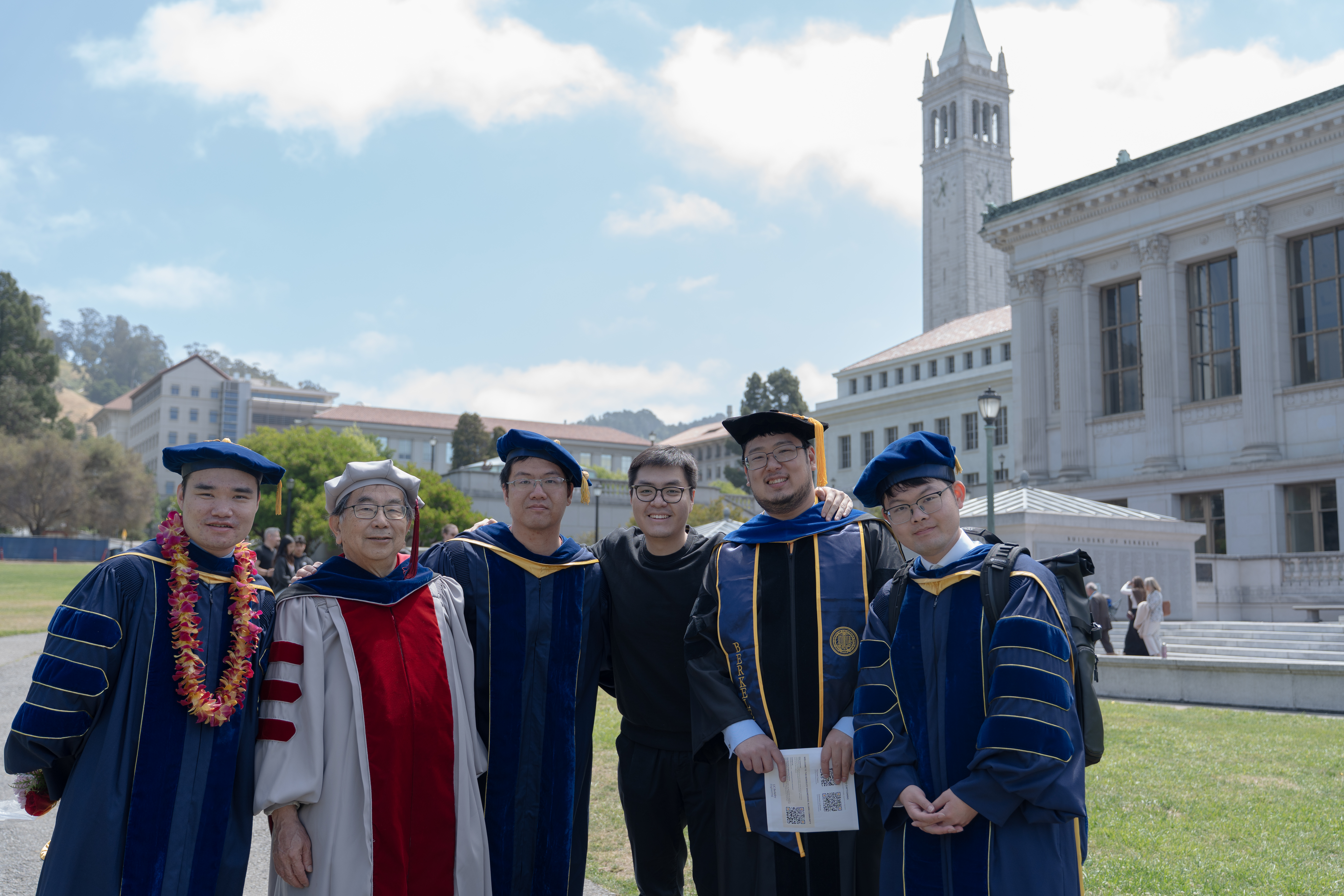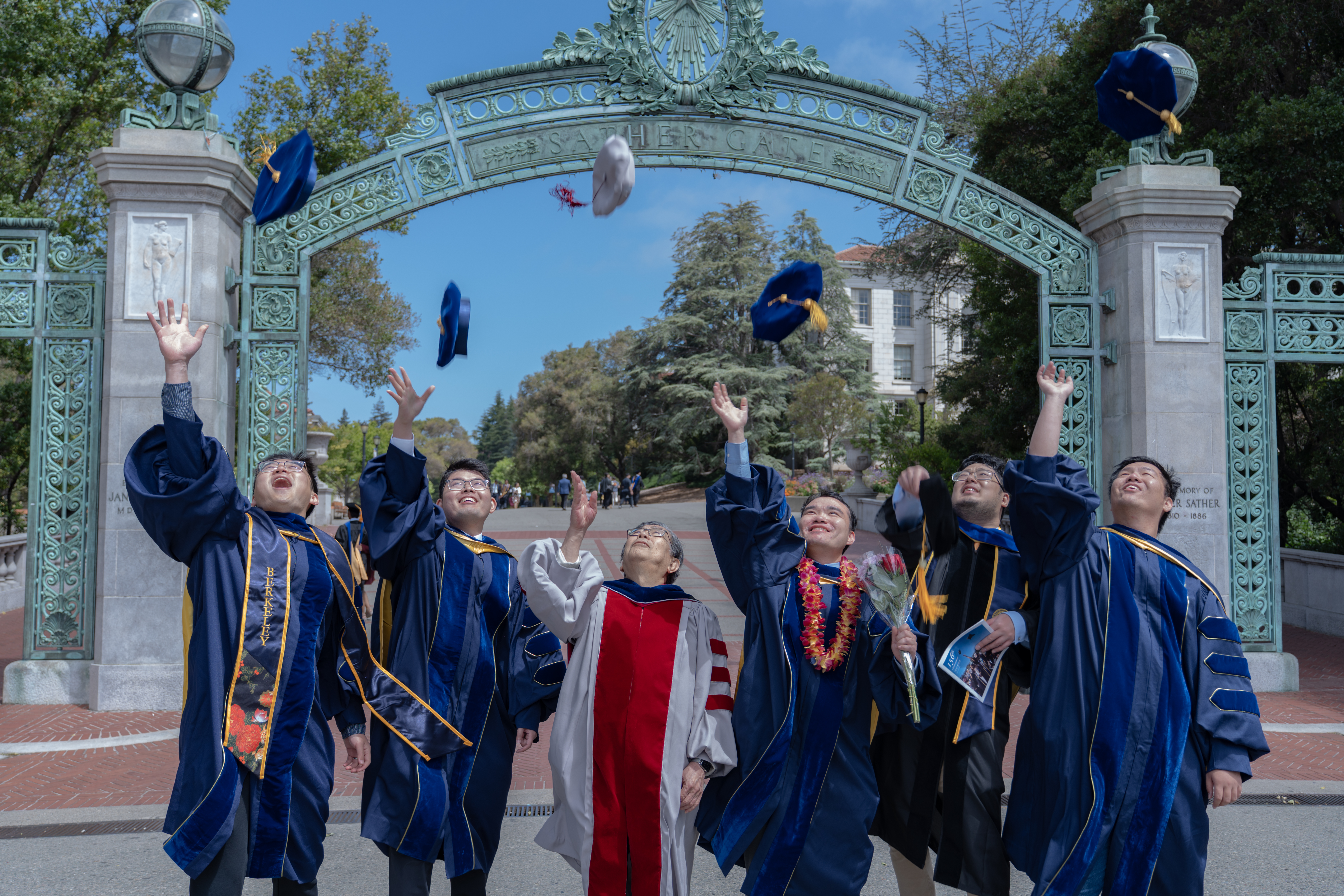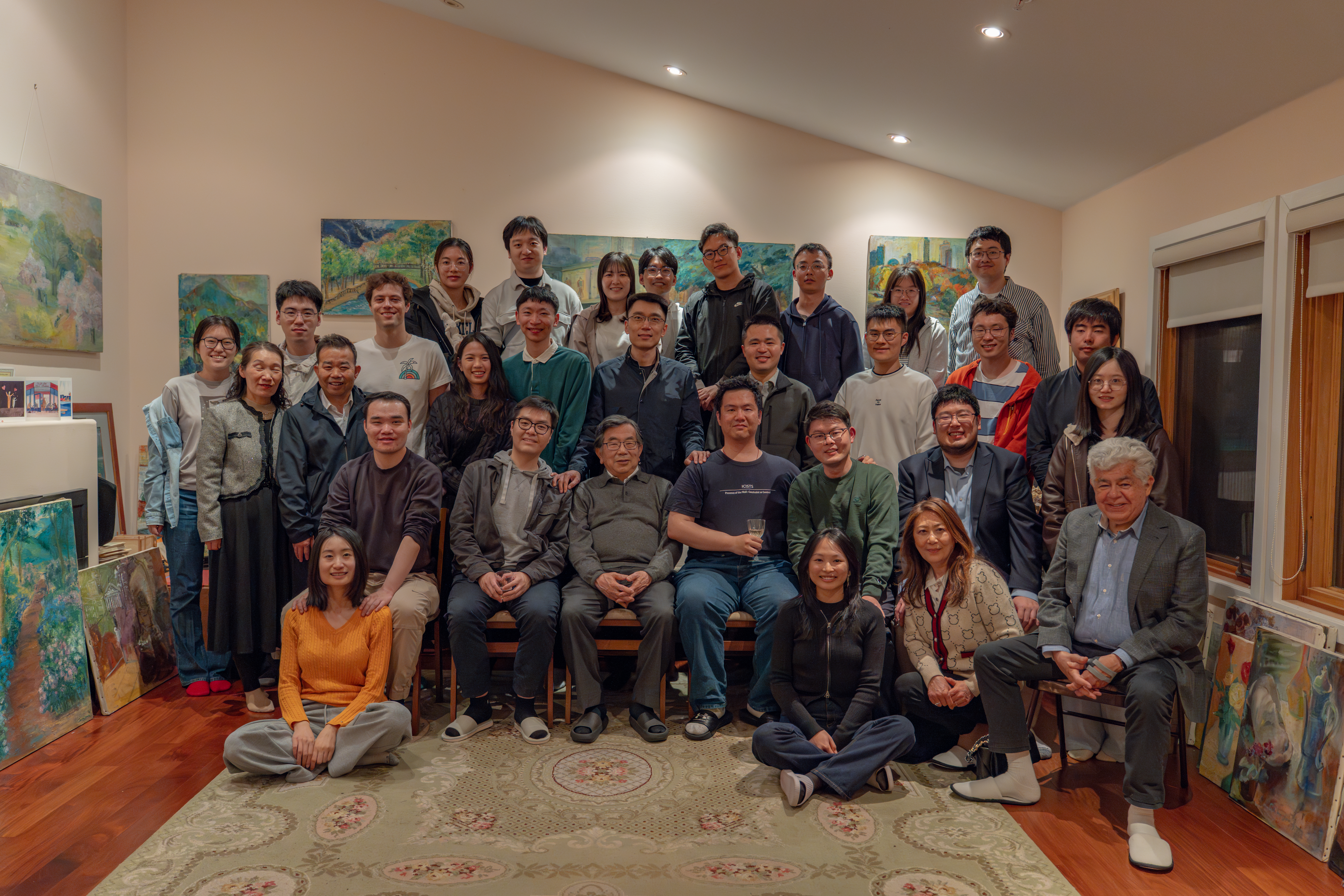Mechanical Systems Control Lab
About Us
UC Berkeley’s Merchanical Systems Control (MSC) Lab, directed by Professor Masayoshi Tomizuka, is a leading center for research in robotics and mechatronics systems. The lab supports more than 20 postdocs, PhD students, and undergrads pursuing projects in design and control novel mechatronics systems, robot learning and autonomous driving. Please refer to the Research section of this website for more details.Perspective Students
Thank you for your interest in the MSC Lab.If you are seeking visiting oppotunities, or if you are a currently enrolled Berkeley undergrad or master student hoping to gain hands-on research experience, we encourage you to read the Research section in the website header to learn more about what the MSC Lab is working on. If you are interested in our research and believe you will be a good fit for the MSC Lab, please send an email either to Professor Tomizuka or to the corresponding point of contact. In your email, please enclose your CV and a short statement of what you plan to do in the MSC lab. We will get back to you as soon as possible.
Recent Updates
-
Five Papers Accepted to ICLR
This year, the MSC lab has five papers accepted to ICLR 2025! Congratulations to all contributors of these works.
- Y. Xie, C. Xu, C. Peng, S. Zhao, N. Ho, A. T. Pham, M. Ding, M. Tomizuka, W. Zhan, “X-Drive: Cross-modality Consistent Multi-Sensor Data Synthesis for Driving Scenarios”, in ICLR, 2025.
- Y. Shimizu, M. Tomizuka, “Bisimulation Metric for Model Predictive Control”, in ICLR, 2025.
- Q. Wang, J. Ke, M. Tomizuka, K. Keutzer, C. Xu, “Dobi-SVD: Differential SVD for LLM Compression and Some New Perspectives”, in ICLR, 2025.
- F. Liang, A. Kodaira, C. Xu, M. Tomizuka, K. Keutzer, D. Marculescu, “Looking Backward: Streaming Video-to-Video Translation with Feature Banks”, in ICLR, 2025.
- P. Wang, C. Li, C. Weaver, K. Kawamoto, M. Tomizuka, C. Tang, W. Zhan “Residual-MPPI: Online Policy Customization for Continuous Control”, in ICLR, 2025.
Recent Gallery
-
Graduation Party of Batch 2024/2025
Prof Tomizuka hosted a party to celebrate the graduation of batch 2024 and 2025. Congratulations to all new Ph.D.’s! (Photo Credit to: Chenfeng Xu)



